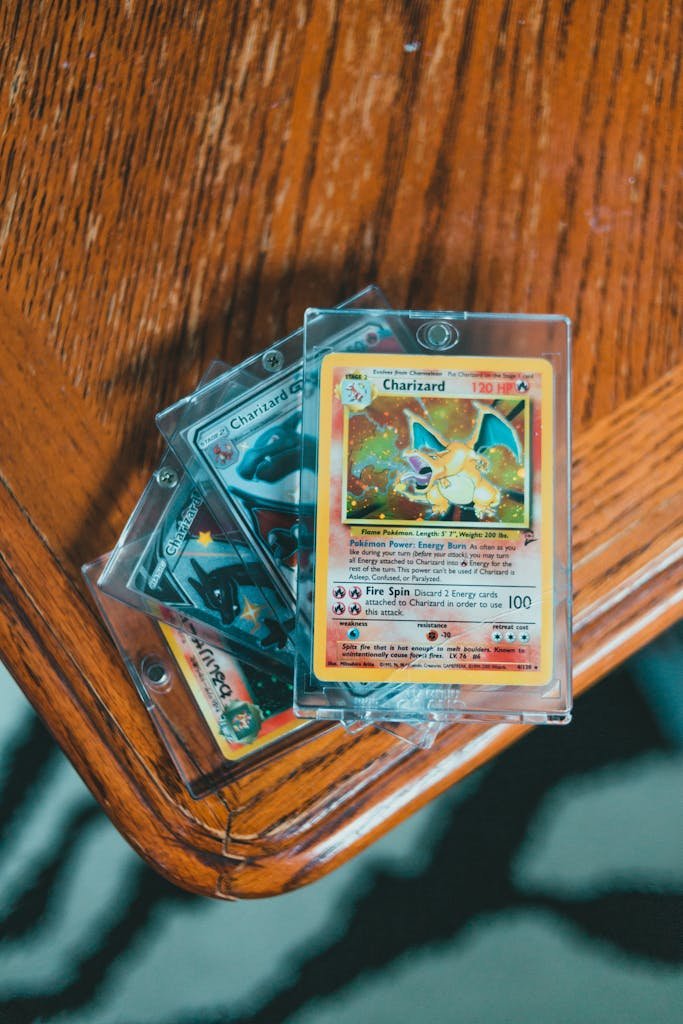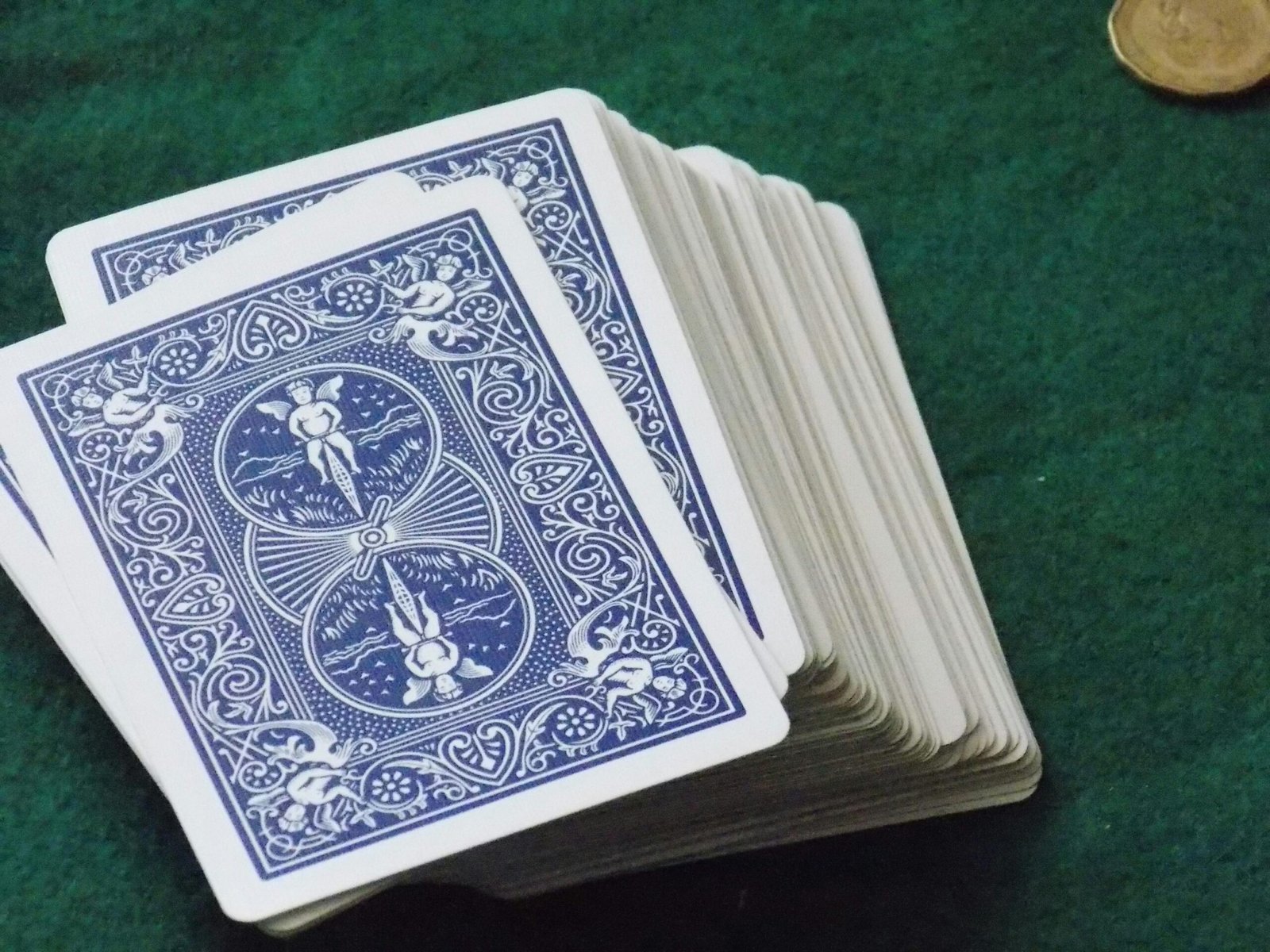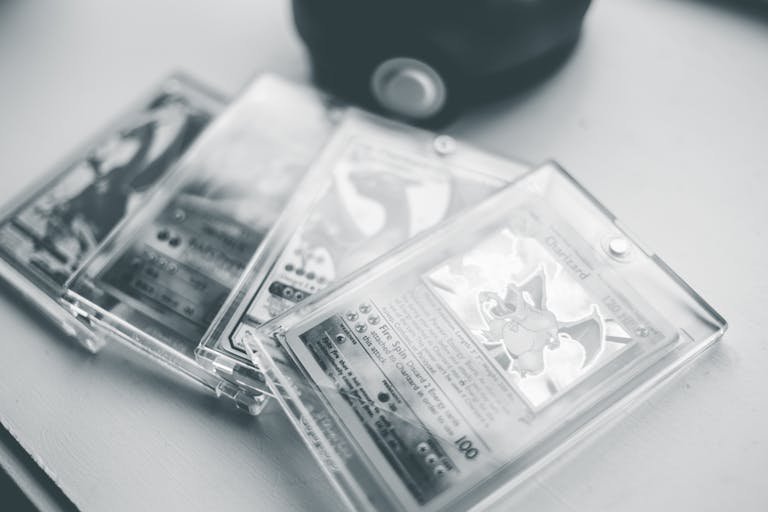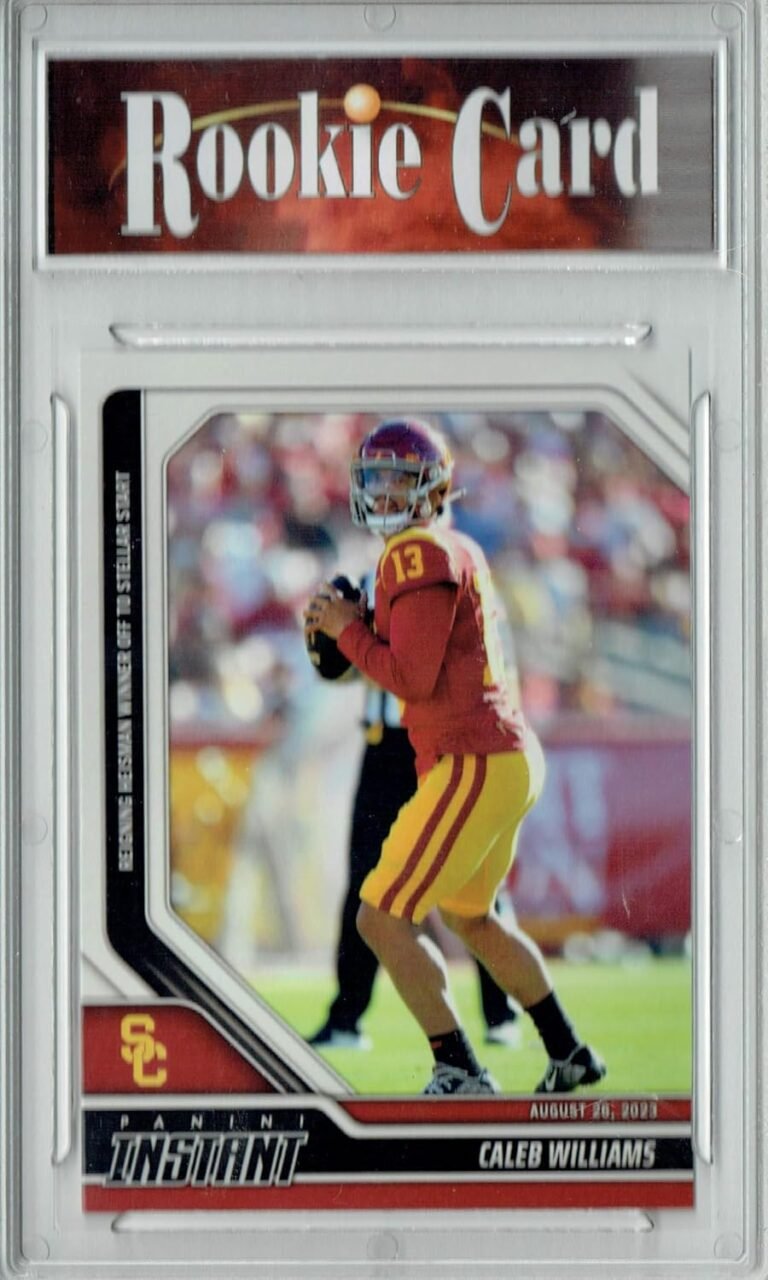Is NGI the Real Deal for Sports Card Grading? Expert Review
No.
The National Grading Institute (NGI) is not considered a reputable or widely recognized sports card grading company.
Sports card grading is an essential process that helps collectors determine the condition and value of their prized cards. With various companies offering grading services, it’s crucial for collectors to choose a reliable and trustworthy grading institute.
In this blog, I will explore Is NGI the Real Deal for Sports Card Grading? While many collectors are familiar with established companies like PSA, Beckett, and SGC, NGI is less recognized, and you may wonder if it’s worth considering.
What is the National Grading Institute (NGI)?
The National Grading Institute (NGI) is a relatively new entrant in the sports card grading industry. They offer grading services similar to those provided by industry leaders, promising to evaluate the quality and authenticity of sports cards. However, you might be curious whether NGI holds up to the standards set by well-established companies like PSA, Beckett, or SGC.
NGI’s Services
NGI claims to offer professional sports card grading services, using a 10-point scale to assess the quality of cards. They focus on important grading aspects like corners, edges, surface, and centering, which are standard in the grading world. However, NGI still has to prove its consistency and reliability when compared to the major players in the grading space.

NGI vs. Established Companies
When comparing NGI to more established companies, it’s important for you to understand the main differences:
- PSA (Professional Sports Authenticator): The largest and most trusted sports card grading company, PSA has set the standard for grading. Its services are trusted by high-end collectors and investors worldwide. PSA has a strong market presence, with graded cards generally holding the highest resale value.
- Beckett Grading Services (BGS): Beckett is known for its strict grading standards and sub-grades that evaluate various card features like surface and centering individually. Beckett also has a loyal collector base and is highly respected in the industry.
- Sportscard Guaranty Corporation (SGC): SGC is another well-established grading company with a long history of offering reliable services. Known for their expertise in vintage cards, SGC has been a favorite among collectors who value historical pieces.
Compared to these companies, NGI lacks the widespread recognition, market trust, and history that seasoned collectors are used to.
NGI’s Reputation in the Market
Reputation is crucial when choosing a sports card grading service. Since NGI is relatively new, it hasn’t yet built a strong reputation in the market. You may find that collectors, dealers, and investors prefer companies with established track records to ensure their cards are graded accurately and maintain high value.
Market Presence and Awareness
One of NGI’s main challenges is its limited market presence. If you’re looking to sell or trade cards that have been graded by NGI, you may face difficulty finding buyers who are familiar with the company. In contrast, cards graded by PSA, Beckett, and SGC are instantly recognized by collectors and buyers, making transactions smoother and prices higher.
- NGI’s Limited Collector Base: The fewer people who are familiar with NGI, the harder it can be to gain trust in their grading standards. For you, this could mean difficulty in achieving top-dollar when selling cards that NGI has graded.
- Lower Market Demand for NGI-Graded Cards: Since fewer collectors recognize NGI’s brand, cards graded by them may not fetch the same prices as those graded by more popular companies. This is an important consideration if you’re investing in cards with the intent of reselling them.
Grading Accuracy and Consistency
The accuracy and consistency of a grading company are fundamental to its success. Established companies like PSA, BGS, and SGC have spent years refining their grading processes to ensure that their assessments are as fair and accurate as possible.
NGI’s Grading Process
While NGI follows a standard grading process, it’s still too early to tell if their evaluations are as consistent as the industry giants. Without a long-standing history of graded cards, it’s difficult for collectors to gauge how reliable NGI’s grading truly is.
- Consistency Issues: NGI may lack the years of experience that PSA or Beckett have in terms of maintaining consistent grading standards. This could result in cards being over-graded or under-graded, which would affect their market value.
- Trust in Grading Expertise: Many collectors feel more comfortable submitting their cards to grading companies that have developed strong expertise over decades. NGI is still working to gain that level of trust among the collecting community.
Pros and Cons of Using NGI for Card Grading
If you are considering NGI for card grading, it’s essential to weigh the pros and cons.
Pros of Using NGI
- Cost-Effective Option: NGI may offer lower pricing for grading services compared to more established companies. This could be an advantage if you’re looking for a more affordable grading option for lower-value cards.
- Potential for Growth: NGI is still a relatively new company, and with time, it could potentially improve its market presence and reputation. You could be ahead of the curve if NGI becomes a bigger player in the future.
- Smaller Grading Backlog: NGI likely has a smaller backlog of cards to grade compared to PSA or Beckett, meaning that you could receive your cards back more quickly.
Cons of Using NGI
- Lack of Market Trust: Without the reputation of PSA, Beckett, or SGC, NGI-graded cards may not sell as well or be as trusted by potential buyers. If you’re looking for maximum resale value, this is a significant drawback.
- Limited Recognition: Fewer collectors know about NGI, which could limit the demand for their graded cards in the market. You may face challenges convincing others of the value of an NGI-graded card.
- Grading Accuracy Concerns: As NGI is still establishing itself, there may be inconsistencies in their grading standards. You may want to stick to established companies for high-value cards that require precise grading.
How to Choose a Grading Company
When selecting a grading company, there are several key factors to consider. Whether or not NGI is the right choice for you will depend on these considerations:
Your Card’s Value
If you’re grading high-value cards or those with significant collector interest, you should probably stick with an established company like PSA, Beckett, or SGC. These companies have a track record of providing accurate grading and maintain higher resale value.
However, if you’re grading lower-value cards or cards for personal enjoyment, NGI may offer an affordable option for encapsulating your collection.
Resale Goals
If you plan to resell your graded cards, the reputation of the grading company is critical. You’ll find that PSA, Beckett, and SGC offer the best resale potential. In contrast, NGI-graded cards may not be recognized as widely by potential buyers, and you could have a harder time getting top dollar for your cards.
Grading Turnaround Time
Turnaround time is another factor to consider. Larger grading companies like PSA and Beckett often have longer wait times due to the volume of cards they process. If you want your cards graded quickly and NGI offers faster turnaround, it could be an option to consider. Just remember that the faster service might come at the cost of lower recognition in the market.
Final Words
While the National Grading Institute (NGI) provides sports card grading services, it currently lacks the reputation, market presence, and trust that established companies like PSA, Beckett, and SGC enjoy. For collectors looking to maximize the value of their graded cards or those who prioritize grading accuracy, I would recommend sticking with the bigger names.
However, if you’re a collector looking for a more affordable grading option for lower-value cards, NGI could be worth considering.






